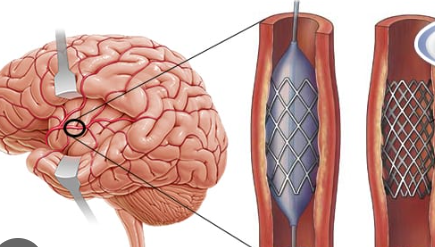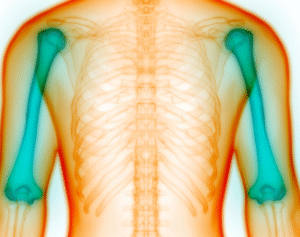Navigating the Final Frontier: Understanding the End Stage of Fibromyalgia
Navigating the Final Frontier: Understanding the End Stage of Fibromyalgia
Fibromyalgia is a chronic condition characterized by widespread musculoskeletal pain, fatigue, and cognitive disturbances. While its progression varies among individuals, understanding the potential trajectory, especially the end stage, is crucial for effective management and improved quality of life.
Defining the End Stage of Fibromyalgia
The term “end stage” in fibromyalgia refers to the most severe manifestation of the condition, where symptoms are persistent and significantly impair daily functioning. Unlike terminal illnesses, fibromyalgia‘s end stage is not life-threatening but denotes a phase where the individual’s quality of life is profoundly affected.
Symptoms in the End Stage
In the advanced stage of fibromyalgia, individuals may experience:
- Persistent Widespread Pain: Pain becomes constant and may intensify, affecting multiple areas of the body.
- Severe Fatigue: A profound sense of exhaustion that is not alleviated by rest, making daily tasks challenging.
- Cognitive Impairments: Often termed “fibro fog,” this includes memory lapses, difficulty concentrating, and confusion.
- Sleep Disturbances: Non-restorative sleep, insomnia, or frequent awakenings during the night.
- Emotional Distress: Increased susceptibility to depression, anxiety, and mood swings due to chronic discomfort and lifestyle limitations.
- Sensitivity to Stimuli: Heightened sensitivity to light, sound, temperature, and touch.
Challenges Faced
The end stage of fibromyalgia presents several challenges:
- Reduced Mobility: Persistent pain and fatigue can lead to decreased physical activity, resulting in muscle deconditioning.
- Social Isolation: Inability to engage in social activities may lead to feelings of loneliness and isolation.
- Employment Difficulties: Maintaining regular employment becomes challenging due to unpredictable symptom flares and cognitive issues.
Management Strategies
While there is no cure for fibromyalgia, several strategies can help manage symptoms in the end stage:
Medical Interventions
- Medications: Certain medications can help alleviate symptoms.
- Therapies: Physical therapy can aid in maintaining mobility, while cognitive-behavioral therapy can assist in coping with emotional challenges.
Lifestyle Modifications
- Regular Gentle Exercise: Activities like walking, swimming, or yoga can help maintain flexibility and reduce pain.
- Balanced Diet: Consuming a diet rich in anti-inflammatory foods may help manage symptoms.
- Sleep Hygiene: Establishing a regular sleep routine and creating a restful environment can improve sleep quality.
Support Systems
- Counseling: Professional counseling can provide coping strategies and emotional support.
- Support Groups: Connecting with others facing similar challenges can offer comfort and practical advice.
Conclusion
The end stage of fibromyalgia is marked by intensified symptoms that significantly impact daily life. However, with a comprehensive management plan that includes medical interventions, lifestyle adjustments, and strong support systems, individuals can navigate this phase more effectively. Early recognition and proactive management are key to improving quality of life for those affected by this chronic condition.



